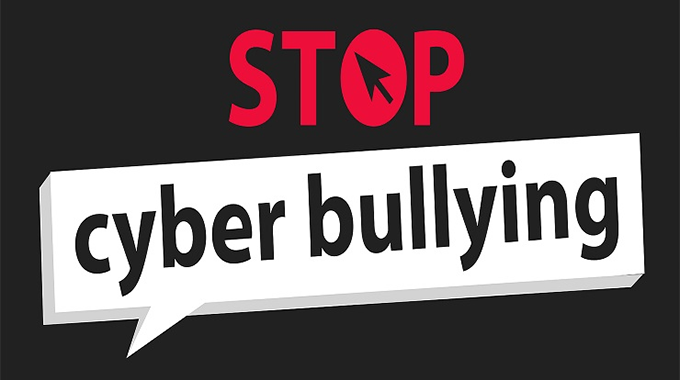The use of technology in the modern-day world is unavoidable and cuts across all spheres of human endeavour. There is however a flip side to this digital revolution if laws are not made to control and encourage the proper uses of information communication technology systems. There are misguided elements that take advantage and commit crimes while hiding their identities. One of such vices is cyber bullying/harassment. Put simply cyber bullying refers to online harassment. It is a form of bullying using electronic means of communication such as email, instant messaging, and websites. It can target individuals or group through personal attacks. Cyber bullying takes many forms and includes online sexual harassment.
The Cyber Security and Data Protection Bill was gazetted on the 15th of May 2020. The purpose of the proposed law is to consolidate cyber related offences and provide for data protection with due regard to the Declaration of Rights under the Constitution. The Bill also provides for investigation, collection of evidence of cybercrime, unauthorised data collection and breaches and the admissibility of electronic evidence for such offences. It intends to create a technology driven business environment, encourage technological development in general and promote the lawful use of technology.
Regionally, countries like South Africa and Zambia have elaborate laws that promote cyber security and related critical infrastructure to combat cyber-crime. It is refreshing to note that the Bill seeks to repeal some sections of the Criminal Law (Codification and Reform) Act (Chapter 9:23) that relate to computer related crimes by expanding the scope and application. The proposed provisions are elaborate and cover a wide range of cyber-crimes.
Of particular importance is the amendment to deal with offences relating to electronic communications and materials. Cyber bullying and harassment are specifically created as offences. The Bill provides that it is a crime for someone to unlawfully and intentionally send, through electronic means, a data message to another person with the intent to coerce, intimidate, harass, threaten, bully or cause substantial emotional distress, or to degrade, humiliate or demean the person of another or to encourage a person to harm himself or herself through. In simple terms it means that no person is allowed to use information systems such as computers, phones, tablets or other electronic gadgets for purposes of threatening or humiliating others.
It is important to note that the crime is wide and covers most scenarios of cyber bullying. The provisions are a huge improvement from the current status and will have a deterrent effect to would-be cyber bullies. Any person convicted of such an offence shall be guilty and liable to a fine not exceeding level 10 (currently at ZWL$24,000.00) or to imprisonment for a period not exceeding ten years or to both such fine and such imprisonment.
Advertisement
One topical issue witnessed in the country has been that of revenge pornography where for instance an estranged partner would send nude pictures of the other without consent. The Bill has created a specific offence which criminalises the sending of intimate images of another person.
The Bill further criminalises the act of sending threatening data messages by way of computer or information system to another person or the person’s family or friends. There are provisions to deal with the transmission of false data messages that are meant to cause harm. This extends to making available, broadcasting or distributing data to any other person concerning an identified or identifiable person knowing it to be false with intent to cause psychological or economic harm.
The Bill is currently being debated in the National Assembly and there is a possibility for further amendments to refine the provisions. The government is encouraged to speed up the process of enacting the Cyber Security and Data Protection Bill in order to deal with some of the cyber-crimes that often go unpunished because of lack of specific legislation.
By Fourie Revai
For feedback questions and comments please feel free to email [email protected] or to phone our hotline number on +263782 900 900/+263776 673 873 or our toll free on 08080131 and landline(s) +263242 708491/+2630242 706676
Remember to wear masks every time you are in contact with others, practice social distancing and washing your hands.
– HERALD








